Energy drinks have become a go-to choice for many looking for a quick energy boost, especially among students, professionals, and fitness enthusiasts. The promise is simple: instant energy, sharper focus, and better performance. But what lies beneath this instant jolt?
Most energy drinks on the market combine high doses of caffeine with taurine, a naturally occurring amino acid. While both ingredients are commonly consumed individually and even occur naturally in the body, the combination of taurine and caffeinated energy drinks raises several health concerns.
Recent studies have raised questions about how taurine and caffeine interact when consumed together, particularly in large quantities as found in energy drinks. This blog explores the role of each compound, why they do not always make a good pair, and what safer alternatives look like.
Understanding Taurine and Caffeine
What is Taurine?
Taurine is a sulfur-containing amino acid that is naturally found in the brain, heart, muscles, and retina. Unlike essential amino acids, the body can produce taurine on its own. It plays several roles, including supporting cardiovascular function, stabilizing cell membranes, and aiding in the development of the nervous system.
Taurine is also thought to act as an antioxidant and has been explored for its potential protective effects on heart health, exercise performance, and even neurological conditions. Because of these benefits, taurine is frequently added to energy drinks, often in doses far higher than what is typically found in food or produced by the body.
What is Caffeine?
Caffeine is a well-known stimulant found naturally in coffee, tea, and cocoa. It works primarily by blocking adenosine receptors in the brain, which keeps you alert and reduces the perception of fatigue. Caffeine also stimulates the release of neurotransmitters like dopamine and norepinephrine, which can enhance mood, reaction time, and concentration.
While caffeine supplementation in moderate amounts is considered safe for most adults, problems begin to arise when it is consumed in large amounts or combined with other neuromodulating compounds like taurine.
Why Taurine and Caffeine Are Often Combined
The energy drink industry often combines taurine and caffeine in the belief that they complement each other. Caffeine provides the stimulating effect, while taurine is assumed to support cardiovascular health, reduce muscle fatigue, and provide balance. However, this supposed synergy is not as straightforward as it seems.
In fact, the assumption that taurine supplement effects can "balance out" caffeine’s stimulation is not well supported by science. While taurine is calming in some contexts, it does not necessarily counteract the heightened blood pressure or increased heart rate induced by caffeine. This raises the question: Is taurine bad with caffeine?
Instead, the combination may amplify some of the adverse effects, especially when taken in large quantities or consumed frequently.
Scientific Concerns Around the Taurine-Caffeine Combo
Several research have highlighted concerns associated with the combination of taurine and caffeine, especially in the context of energy drinks. The key concerns included:
1. Cardiovascular Stress
Both caffeine and taurine can independently affect heart rate and blood pressure. When taken together, especially in high doses, they may lead to increased cardiac workload. The review noted that some energy drink consumers experienced elevated heart rate and blood pressure even without underlying heart conditions. This can be particularly risky for individuals with cardiovascular vulnerabilities.[NIH]
2. Neurological Effects
Caffeine stimulates the central nervous system, while taurine can influence neurotransmitter activity. Together, they may overstimulate the brain, leading to symptoms such as restlessness, anxiety, and sleep disturbances. [NIH]
3. Increased Risk-Taking Behavior
The stimulating effects of caffeine combined with the perceived calming effects of taurine may mask feelings of fatigue or intoxication. This can lead to risk-taking behaviors, especially when energy drinks are mixed with alcohol or consumed before physically demanding activities. The sense of being more alert than one actually is can be dangerous.[NIH]
4. Impact on Developing Brains
There is growing concern over adolescents and young adults who frequently consume energy drinks. The combination of taurine and caffeine may affect brain development, mood regulation, and sleep patterns.[NIH] Since the prefrontal cortex is still developing in teens and young adults, regularly consuming these stimulants may have lasting consequences.
Natural Alternatives for Sustainable Energy
While energy drinks might offer a quick fix, they are far from the best long-term solution for physical or mental performance. If your goal is improved energy, focus, or endurance, whether at the gym or during work, there are cleaner, more effective approaches.
Focus on Nutrient-Rich Foods
A balanced diet rich in complex carbohydrates, healthy fats, and complete proteins will fuel your body far better than any quick-fix beverage. Foods like bananas, oats, nuts, and eggs offer sustained energy release and essential nutrients that support brain and muscle function.
Stay Hydrated
Fatigue is often a symptom of dehydration. Replace sugary energy drinks with water, coconut water, or natural electrolyte blends that restore hydration without stimulants.
Get Enough Sleep
No supplement or drink can replace the benefits of consistent, restful sleep. Aim for 7 to 9 hours per night to allow your brain and body to recover fully.
Use Caffeine Responsibly
If you enjoy caffeine, use it in moderation. A cup of coffee or tea can enhance alertness without the need for artificial additives. Avoid consuming caffeine late in the day to protect your sleep cycle.
Choose Targeted Supplements Over Stimulant Stacks
Rather than relying on quick-fix energy drinks, individuals looking for sustained energy, muscle performance, and mental clarity should consider safer and more effective options.
For example, pure creatine-based formulas can help improve muscle strength and energy metabolism without overstimulating the nervous system. Some modern supplements also contain carefully measured amounts of taurine to support muscle function and recovery, but without the artificial caffeine spike. These options are often free from sugar, synthetic additives, and unnecessary fillers.
When selecting such supplements, look for ones made with clinical-grade ingredients, tested for purity and safety, and supported by research. Products that use micronized or dual-form creatine and amino acids allow for better absorption and fewer digestive issues, making them ideal for daily use.
Final Thoughts
The combination of taurine and caffeinated energy drinks may offer a temporary boost, but it often comes with hidden risks. From the cardiovascular impact of energy drinks to overstimulation of the nervous system, the science suggests this mix should be approached with caution.
For real, lasting energy and wellness, it’s wise to avoid the risks of taurine in energy drinks and instead prioritize nutrition, hydration, sleep, and clean supplements tailored to your health goals.







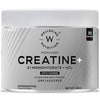





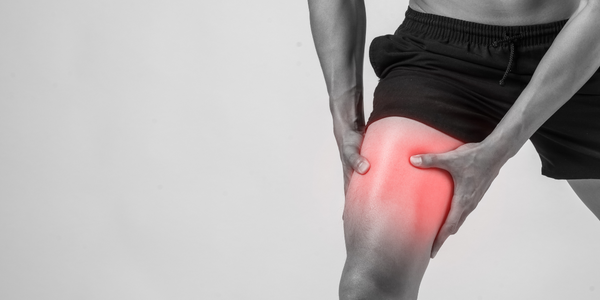
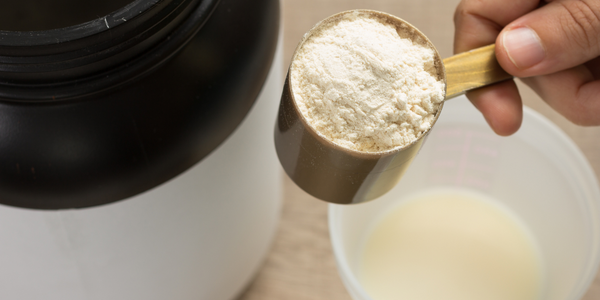
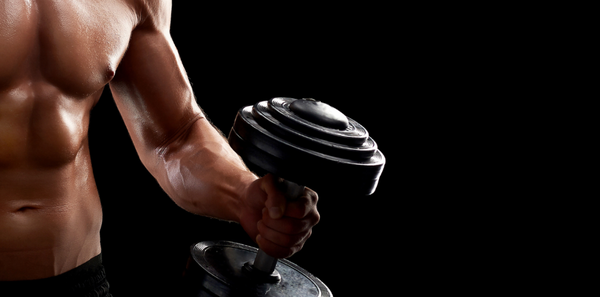
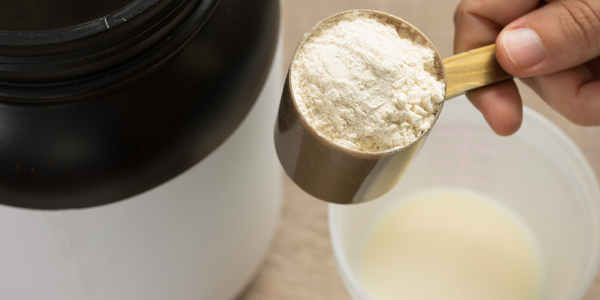
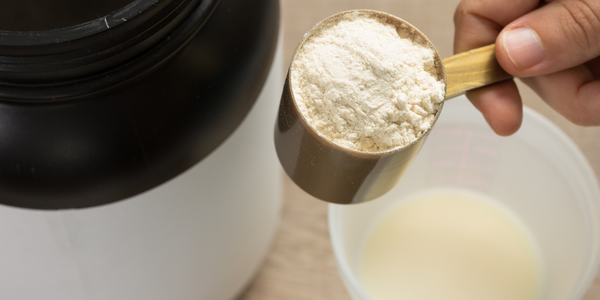

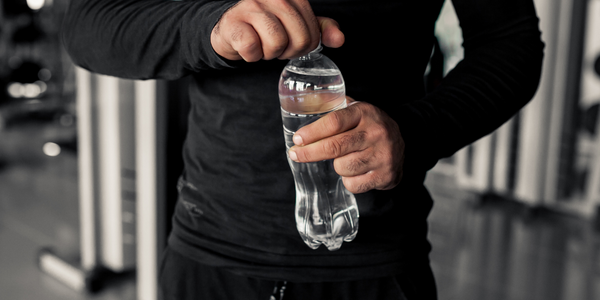
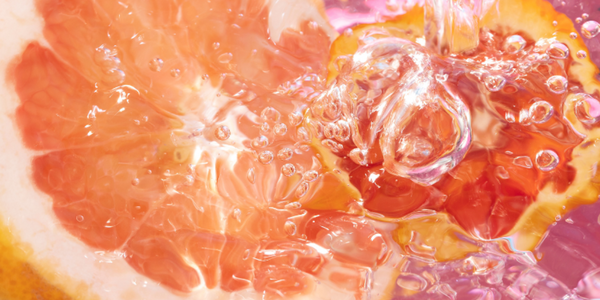







 DOWNLOAD NOW
DOWNLOAD NOW
